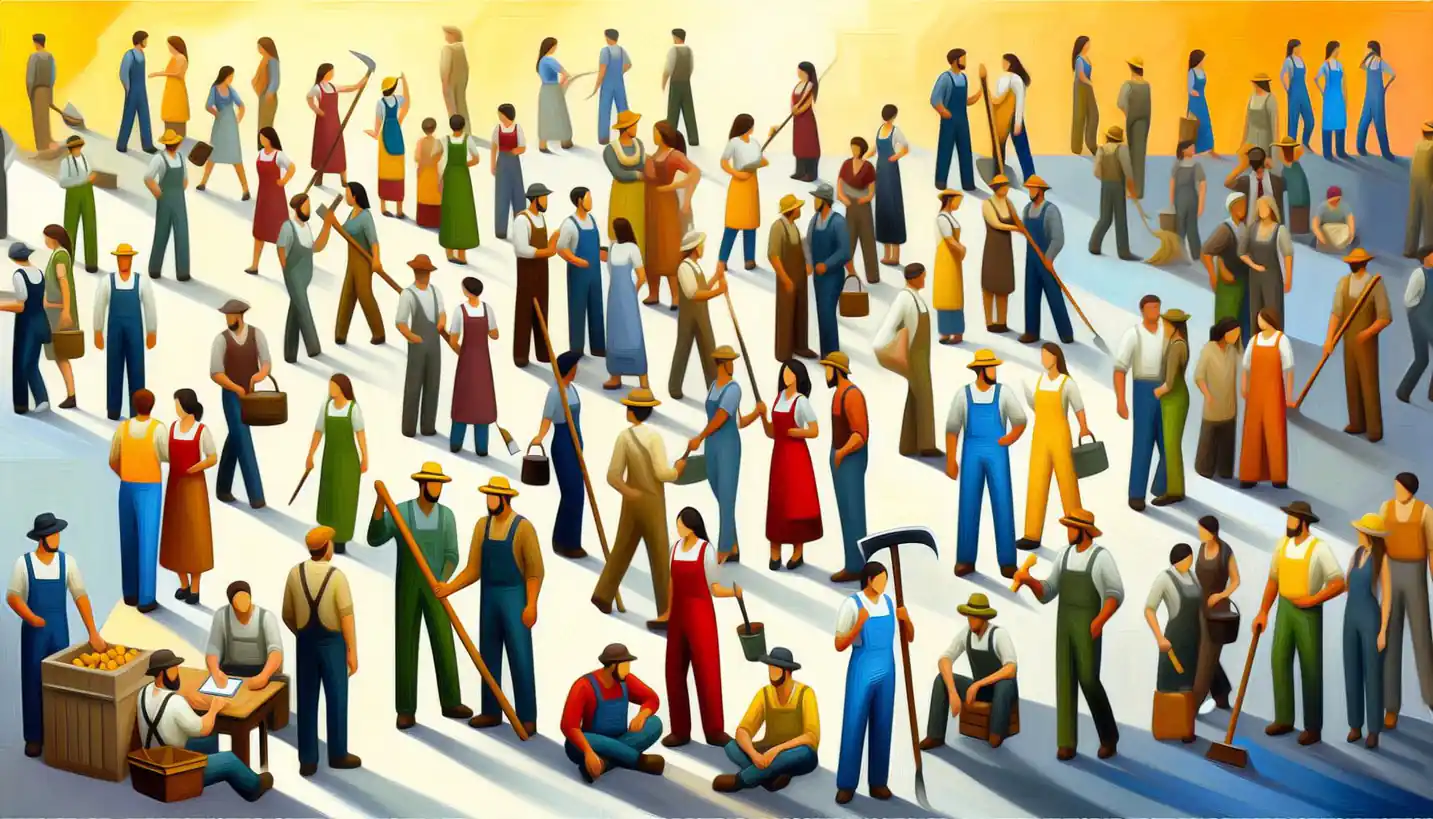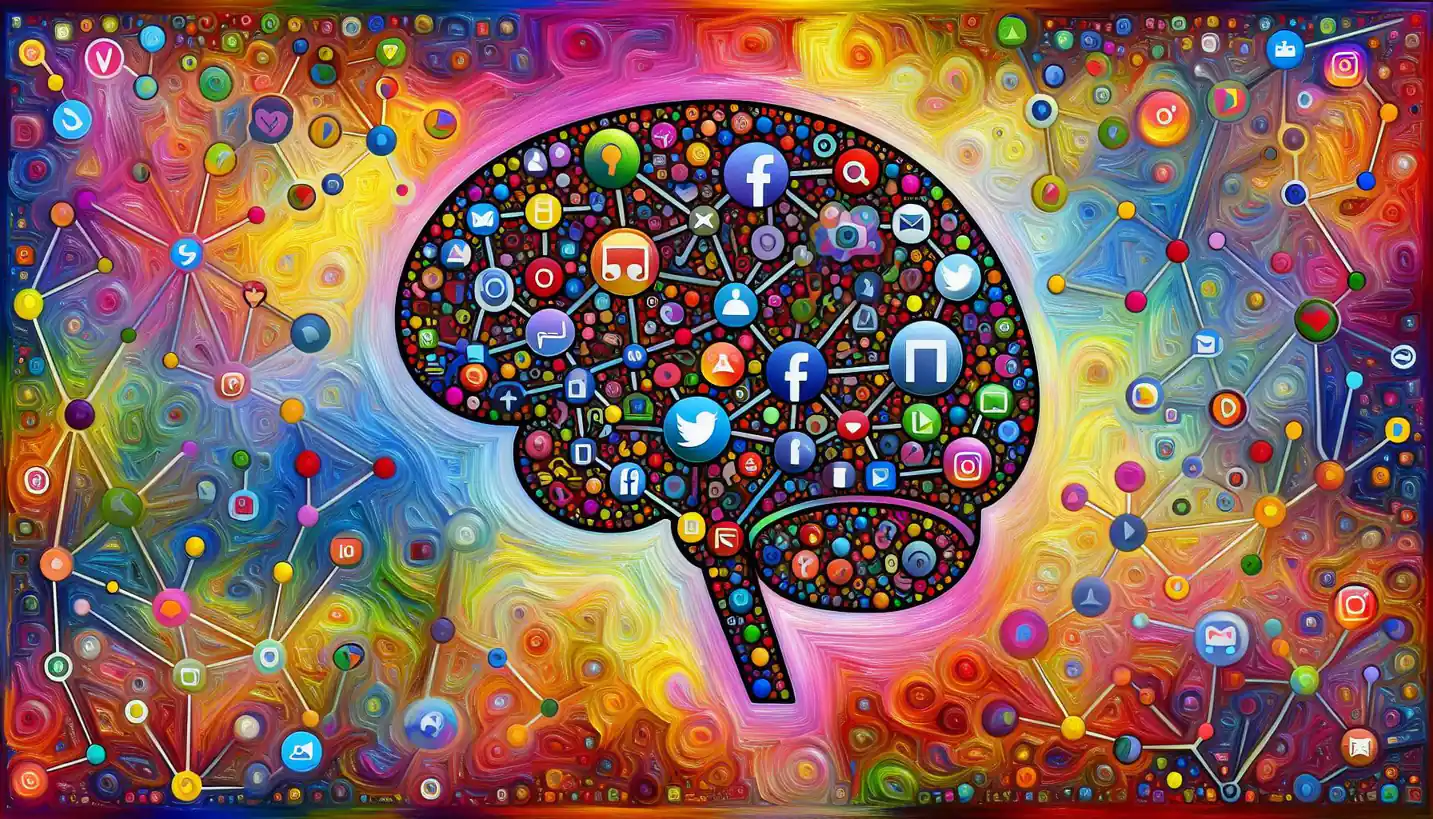· Sociology · 5 min read
Family of Orientation: Understanding Your Roots in Sociology
Explore the concept of Family of Orientation to understand how our origins shape social identities and influence cultural values.

Our lives are often shaped by the families we grow up in. The term “family of orientation” plays a key role in sociology, helping us understand how these early social environments influence us. So, how exactly does this concept fit into the broader study of families in sociology?
What is a Family of Orientation?
Let’s start with the basics. A family of orientation refers to the family into which a person is born or adopted. This is the family that shapes your early social environment, nurturing your childhood and influencing your initial understanding of the world. It’s where you first learn about cultural norms, values, and traditions.
Think of it like the soil where a plant first sprouts. This environment provides the nutrients a young plant needs to grow. Similarly, your family of orientation gives you the foundation upon which your personality and worldview are built.
The Role of the Family of Orientation in Socialization
Socialization is a big word that simply means how we learn to be part of society. Your family of orientation is your first teacher. It’s where you learn to talk, walk, and interact with others. This family plays a crucial part in shaping who you are, even before you start school.
Consider the different customs and routines you might have seen growing up. Maybe your family loved celebrating certain holidays or always sat together for dinner. These practices taught you what your family values, helping you understand your place in society.
Differences Between Family of Orientation and Family of Procreation
In sociology, it’s important to distinguish between your family of orientation and your family of procreation. The latter refers to the family you create when you grow up, perhaps by having children or getting married.
If we think about it, the family of orientation sets the stage, while the family of procreation is the play in which you choose to participate. Your current actions and choices may be influenced by what you learned from your family of orientation, but they also allow for new traditions and values that you create on your own.
Cultural Variations in Family Structures
Families look different around the world, and the concept of the family of orientation reflects this diversity. In some cultures, the family of orientation might include not only parents and siblings but also extended family members like grandparents, aunts, and uncles.
In many societies, the extended family plays a more active role in a child’s upbringing, contributing different perspectives and experiences. This diversity can enrich a child’s understanding of the world, offering various lenses through which to view life.
The Influence of Family of Orientation on Identity
Have you ever thought about how much your early family life affects your identity? Your beliefs, the way you approach problems, and even your choice of hobbies can often be traced back to your family of orientation.
For example, if your family encouraged curiosity and learning, you might find yourself pursuing higher education or a career in research. Alternatively, if your family emphasized artistic expression, you might have a passion for music or painting. These influences play a huge role in shaping your personal identity and career choices.
Challenges within Families of Orientation
No family is perfect, and sometimes the family of orientation can be a source of challenges too. Difficult dynamics, such as conflicts between family members or cultural pressures, can impact your development.
However, these challenges can also lead to growth and resilience. Overcoming difficulties in your early family life might help you develop problem-solving skills and emotional strength. It’s important to recognize how both positive and negative experiences in the family of orientation contribute to shaping who you become.
The Modern Family: Changes and Continuities
As societies evolve, so do family structures. Today, we see a variety of family forms, from single-parent families to blended families. These changes influence the role of families of orientation in new ways.
Despite these changes, the fundamental function of the family of orientation remains. It continues to be a primary agent of socialization, offering love, support, and a sense of belonging. The ways families perform these functions might shift, but the core purpose often stays the same.
Reflecting on Your Family of Orientation
When you pause to reflect on your family of orientation, what comes to mind? How did your early family experiences shape your beliefs and attitudes? Understanding this can be a valuable exercise in self-awareness.
Exploring these connections might help you recognize patterns or values that you would like to carry forward into your future family, or perhaps identify areas you wish to explore differently.
The Future of Families in Sociology
As we look to the future, sociologists continue to study how families evolve and what this means for individuals and societies. The study of families, including the concept of the family of orientation, remains a rich area of research, offering insights into human behavior and social change.
New questions arise, such as how digital technology affects family bonds or how global movements influence family structures. These areas offer exciting possibilities for understanding the ongoing role of families in our lives.
Conclusion: Embracing the Influence of Family of Orientation
Our families of orientation are like the launching pads of our lives. They send us into the world with the tools, skills, and understanding we need to thrive. Whether we embrace their lessons or choose new paths, their influence is undeniable.
By recognizing and appreciating this connection, we can better understand ourselves and the world around us. As we continue to navigate the complexities of modern life, the concept of the family of orientation remains an essential piece of the puzzle, helping us grasp our roots as we grow into the future.



